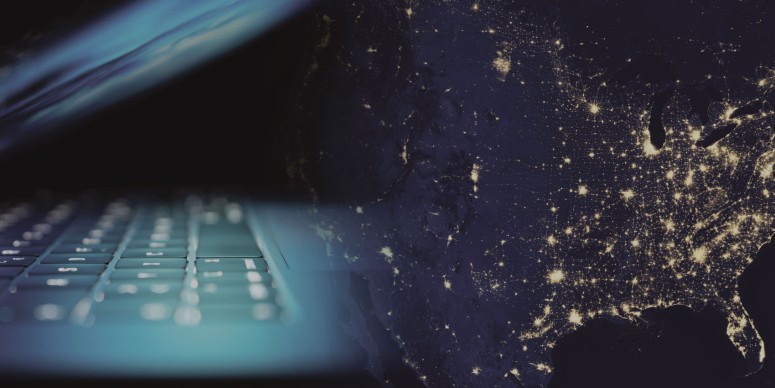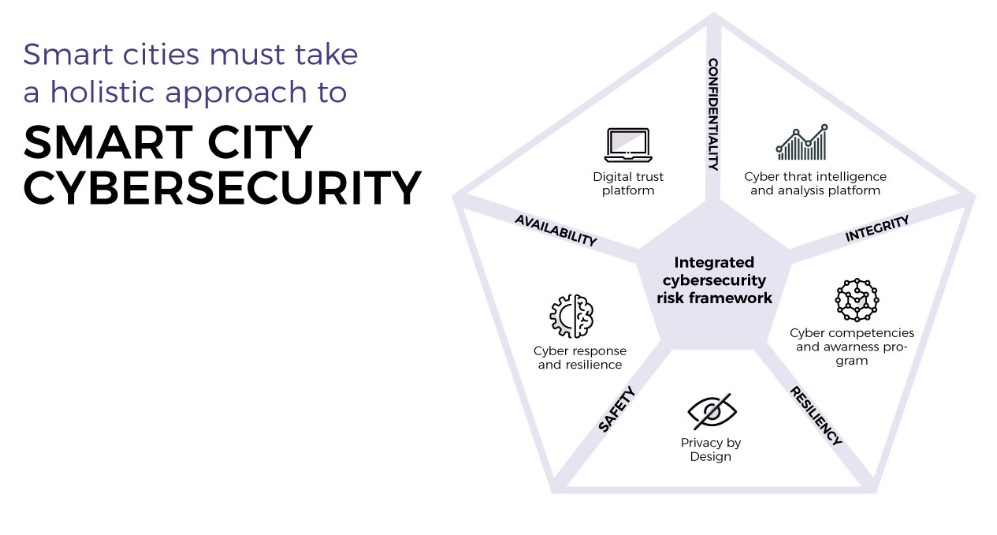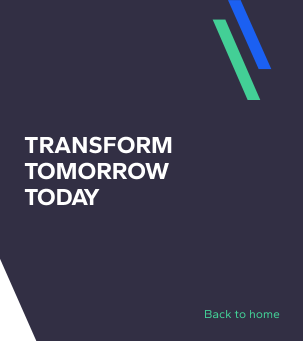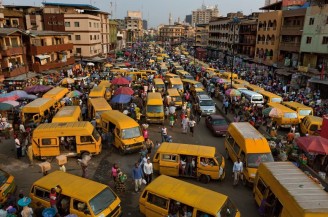Zigurat Global Institute of Technology
Blog / Leadership & Transformation
Cybersecurity in Smart Cities
Categories

This post is dedicated to cybersecurity in smart cities and how to make sure that the data of all stakeholders is out of harm’s way.
As the population of urban centers continues to balloon, many cities turn to smart initiatives to make their governance and resource consumption more effective. The instrumentation of electric and gas meters, street lights, traffic signals and cameras, sewers, etc. will mean a huge amount of data related to our daily habits.
Figuratively speaking, a smart city is a gigantic Internet of Things (IoT) device where virtual doors to residents’ smartphones or wearables keep opening and closing. And those smart-city doors are not always behind a lock and key, which makes them alarmingly exposed to a cyberattack.

Smart City technology in action
To start of with benefits of smart city network, we turn to a recent example. The COVID-19 outbreak has left us wondering what processes could be smoother and how we could have enhanced the understanding of the virus and the management of the same. It is believed that smart city networks would have contributed towards the standardization of protocols and permitted increased data sharing.
In South Korea, the country whose management of the crisis situation has often been given as an example to others, two government ministries announced that they would use smart city technology to support epidemiological investigations in a bid to contain South Korea’s COVID-19 outbreak.
They used smartphones to tag the movements of the infected and alerted other citizens via real-time updates of where they could have come into contact with the virus and if so, encouraged them to get tested. That’s how South Korea got the spread of the virus under control without city-wide lockdowns or widespread self-isolation.
It is believed that as governments learn from the current outbreak, they will be looking into investing in smart solutions. This shift towards smart governance would mean that next to big players like Microsoft and Cisco, there’s also a market share for digital city startups.
How to make sure our data is safe?
However, if smart cities have access, for example, to our medical records or data of our daily movements, we as citizens want to be sure that this information is well guarded.
In this article by Deloitte, confidentiality, integrity, availability, safety and resiliency are defined as the security goals of a smart city. Combining these five security objectives will help the cities to maintain a more resilient operating environment at two levels: securing data, on the one hand, and systems and processes, on the other.
This kind of integrated approach will enable the stakeholders to have an overview of threats and vulnerabilities and develop a complete cybersecurity program. This program is built upon five main factors.
First is the digital trust platform that manages identities and relationships and enables seamless trusted connections between those. Second is privacy-by-design that restricts the collection of personal data. Third is a cyber threat intelligence and analysis platform that provides a complete picture of the threat landscape. Fourth is cyber response and resilience that means being prepared to be under attack and containing the threat. Fifth is cyber competencies and awareness program that makes sure there’s enough competent and trained professionals to carry out those tasks.
Start your learning journey and build a more sustainable future!




